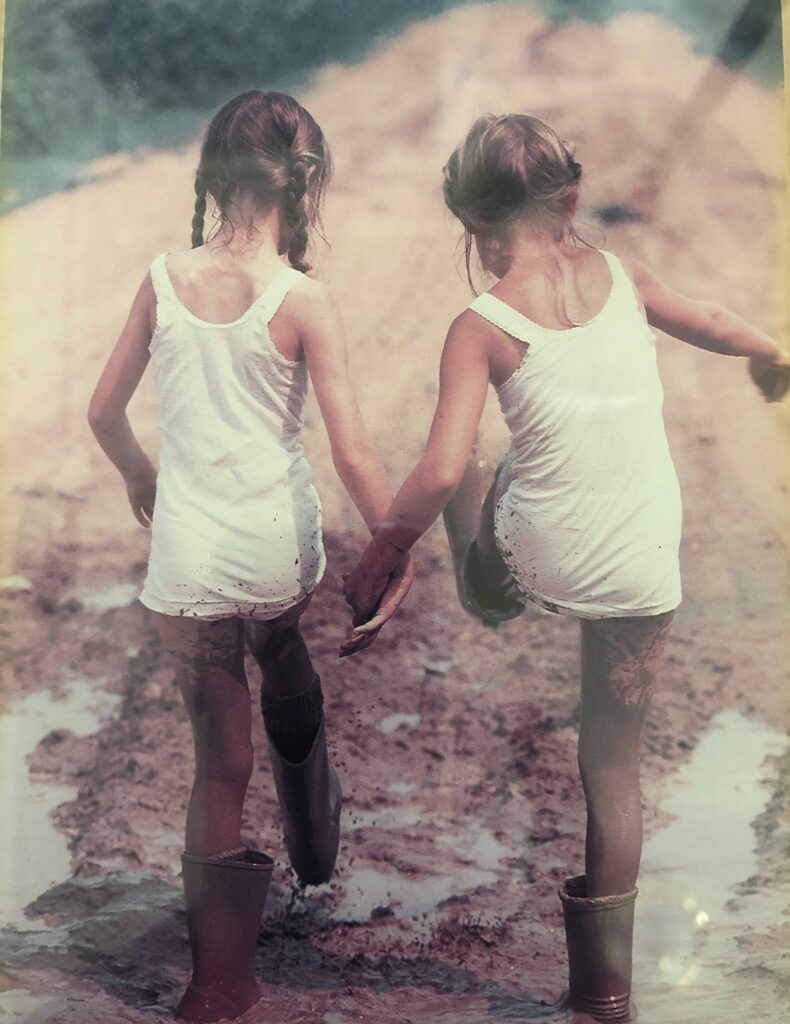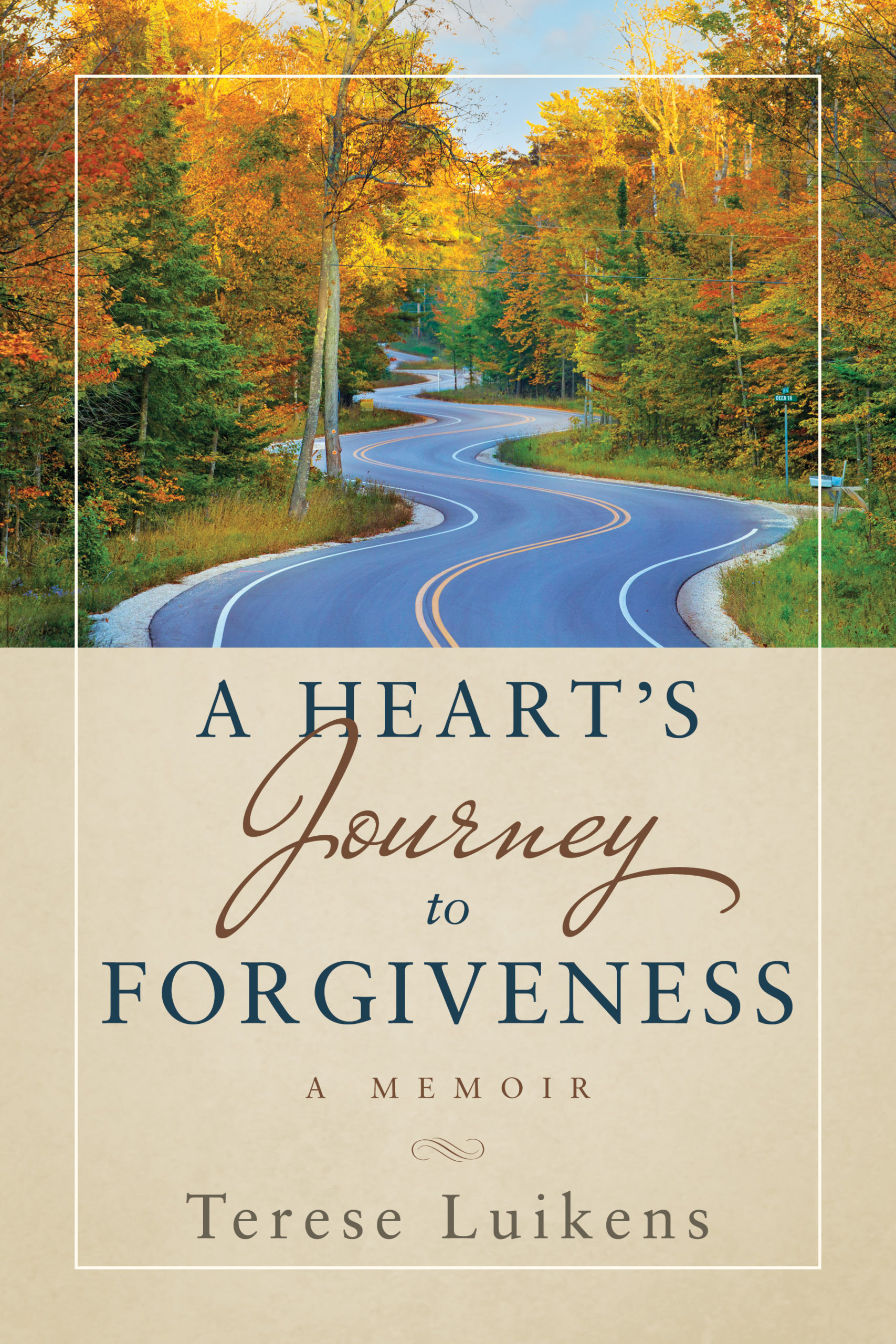
Why Bother Letting Grief Have its Say?
I was thirteen the first time my heart shattered and my world fell apart. There was no warning and I’d had no previous practice with sorrow. Grief, like the powerful phenomenon that it is, came crashing down on me nearly snuffing out my life. No one came to my aid and no one explained the searing pain I felt. Somehow, I’d have to find my own way through the confusing maze called grief.
Lost
Suffering loss is inevitable. Suffering loss alone is not. Yet, when Dad ended his life, everyone in my family was left alone to grieve on our own. Even though we shared the same tragedy, no one said a word about it. Though no one had said we needed to keep it a secret, it became one anyway.
Dad’s passing was acknowledged by friends and family. Sympathy cards were received, and a well written obituary appeared in more than one newspaper. Everyone attended the funeral. All my brothers and sisters were there, along with aunts, uncles and cousins. The casket, with its spray of red and white carnations, was in the front and center of the church. The priest and his entourage had to walk around it to get to the altar.
My father’s death was undeniable, but, the unnatural means by which he died, suicide, went unspoken.
As a young teen, I wondered why everyone refused to talk about the truth? Why disown the obvious? Why not address the undeniable?
As a child, I could not answer these questions. It was only when I became an adult that I could begin to assess the reasons we deny the unexplainable. It was only as an adult that I was able to untie the knots denial had bound me with.
First of all, suicide is unexplainable, and for those left behind, attempting to explain it leaves them speechless. Not long after my dad’s death, I broached the subject of my father’s suicide with my Grandmother. She could not tell me why he’d ended his life, but she did say that some day I’d have to forgive him. It took years for me to do so because first I had to admit my anguish and anger toward him.
Secondly, honest communication about feelings was never modeled in my family. Even though my brain was overloaded with confusion, resentment and frustration, no one ever invited me to have a conversation with them about my immense sadness. In a way, I suppose it would have been too much for my mother or any of my siblings to coach me through my distress. Everyone had enough of their own, so I learned to keep mine to myself.
But, denying the truth, the anger and the anguish that accompanied Dad’s suicide only prolonged everyone’s grief, including my own.
Why bother letting grief have its say? Whenever I am interviewed or whenever I speak in public, someone always asks, “What advice would you give to those who are left behind after a suicide?” My suggestion is to talk with someone. No one should ever be left to grieve alone.
New Release
